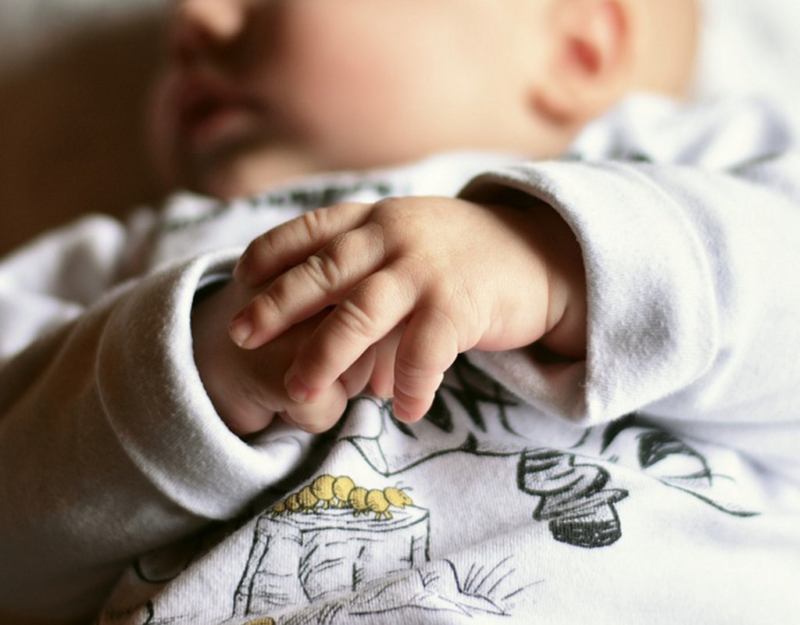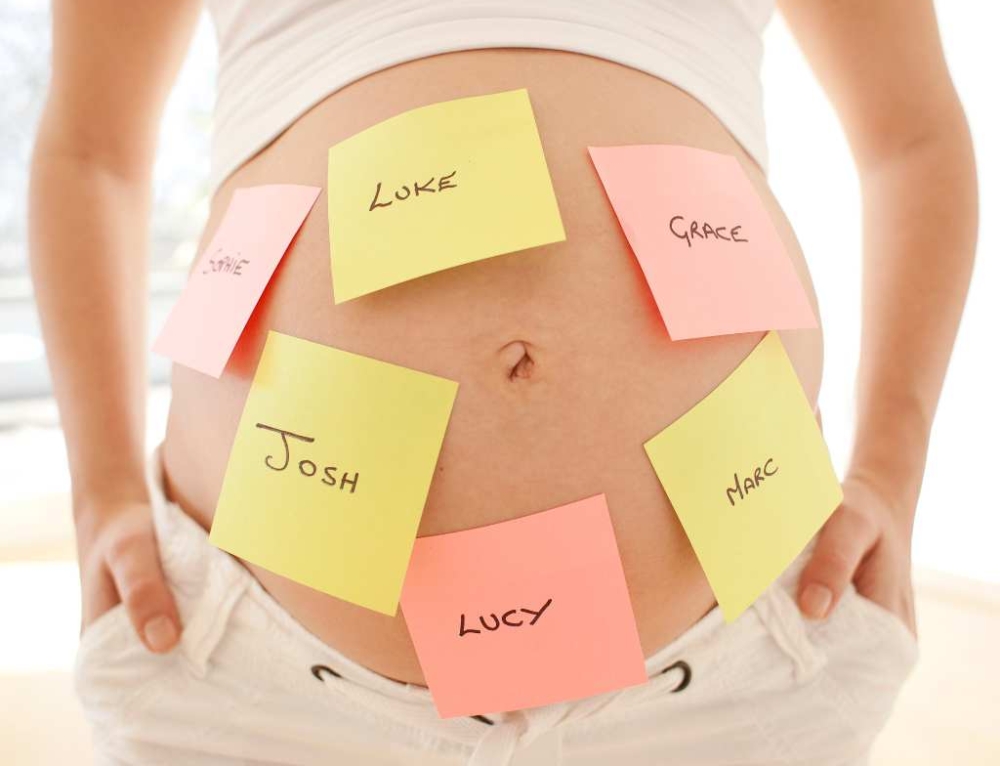Parenthood is tough. When it hit home that a little one would be relying on me, some days I came close to panicking. When parenting is looming and you have a disability, you face unique challenges. Here is some great advice for finding self-confidence in the midst of your worries, and preparing your home and life for your bundle of joy.
Modify your environment
When your baby arrives, you’ll need every tool at your disposal to ease your parenting burden. After all, when your little one is colicky or needs a new nappy, and you got up at 3 am. every morning for the last week, easy and uncomplicated will make all the difference in the world. It starts with making your environment as functional and efficient as possible, and simple home fixes can be a tremendous boon to parents with disabilities. Improving your accessibility is something you should do now, rather than waiting until your baby arrives. Take a hard look at your home and think about ways to make it easier to navigate. For instance, zero-step entrances make it easier to get in and out of your home, whether you’re moving in a wheelchair or pushing a stroller. Consider installing a ramp if you don’t already have one. Widening doorways is another plus, providing extra elbow room whether you’re carrying your baby or just a bundle of groceries. Consider installing offset or expandable hinges to give you a few extra inches – it can save your knuckles and is an inexpensive solution. Think about installing skid-resistant flooring to prevent slips. Also, consider creating a dedicated playroom for you and your youngster. By establishing a specialised area, you can set it up for ease of movement and functionality. Furniture can be secured to walls to prevent pieces from toppling over, and it allows you and your baby to use the majority of floor space for playing together.
Use great equipment
Assistive equipment is a big benefit, and there are lots of options depending on your needs. For instance, Independent Living Centre WA recommends using a portable security belt to help hold your baby, or using a specially designed stroller that clips to wheelchairs. Cribs that open from the side rather than drop down can be easier to access, and adapted baby seats can be attached to wheelchairs. One idea is to have equipment specially modified if you can’t purchase it ready to meet your needs. Some traditional baby items are helpful, too, like bibs with hook-and-loop closures which are easy to manipulate, and breast-feeding pillows that can support your baby in your lap. A changing table that allows for height adjustment can ease hygiene and dressing issues, and disposable diapers with hook-and-loop closures can be easier to manage with certain mobility limitations. Look for baby clothing that is easy to put on and take off as well, like pullover tops and pull-on pants.
Bathing
Bathing your baby is a significant concern, and some experts recommend never doing so alone. Have a towel and bath mat at hand and never leave your infant unattended. Some parents opt for baby bathtubs, and some parents choose to employ washable tables with adjustable leg heights. There are also commercially available bathing and changing table combinations, or you could even use an inflatable water toy designed for your baby to sit in, since the soft sides and waterproof material lend themselves naturally to the chore. Please note, don’t use lotions or moisturizers prior to bath time as it can hinder your gripping ability. Instead use products that provide a talc-like grip. Bathing can be tricky. When you’re struggling with finding solutions, NHS Choices suggests connecting with other parents with disabilities for ideas and support.
Confident and clever
Facing parenthood is daunting, but with clever modifications and equipment, you can approach it confidently. Evaluate your needs and prepare ahead of time. You’ll be a terrific parent with these smart strategies!
This article was written by Ashley Taylor from disabledparents.org.
More on Kidspot:








This is not something I ever thought I would have to face, but the birth of my fourth saw me immobile and in a wheelchair. By the time I came home from hospital I was on crutches, but unable to even carry my newborn from her bassinet to my bed to feed. Small changes around the home helped and I was fortunate enough that I healed, being on crutches was relatively short lived. It really made me feel for those who live with a disability for life. They do such an amazing job.
A very good article. Sometimes we tend to live in our own world of normalcy and we don’t realise how tough it is for some. Not only in their homes, but we should be open and be mindful when they are out and about like at Playcentres, Libraries, etc.
I reckon this is a great page of tips on this subject for new mums dealing in the world of disabilities. I really do award a mother for the huge job they do looking after any disabled child. We all know it’s hard enough being a mum as it is at times when they are first born let alone this also. I really take my hat off to them.
I take my hat off to parents living with disabilities 🙂 Super parents as far as I’m concerned – it’s difficult enough parenting without disabilities – you all rock!! <3
I feel that disabilities are becoming more commonplace within our society and it is fantastic to see that an article like this will hopefully make life easier for parents of children/babies with disabilities. I work with children who have disabilities and I take my hat off to their parents.